Ecological Techniques 【 Organic Agriculture 】Benefits of organic food
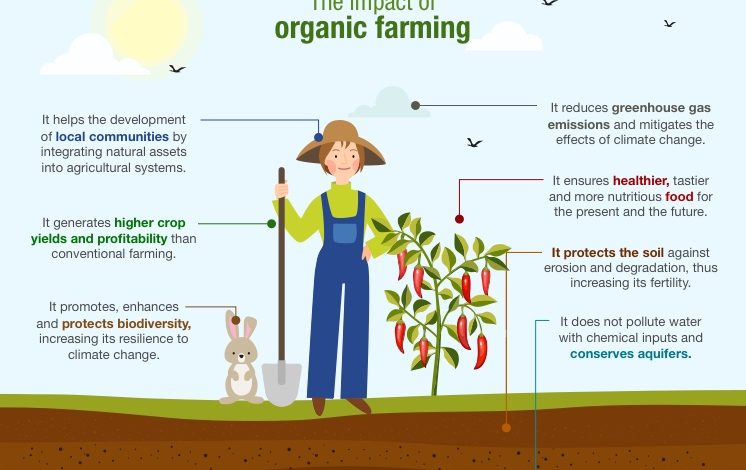
Do you know for sure what an organic garden is and what the organic farming techniques should be to produce organic food or bio food? If you have doubts, in today’s post we will remember what organic farming consists of. We will see what are the main ecological techniques to cultivate a garden while respecting the environment and protecting health.
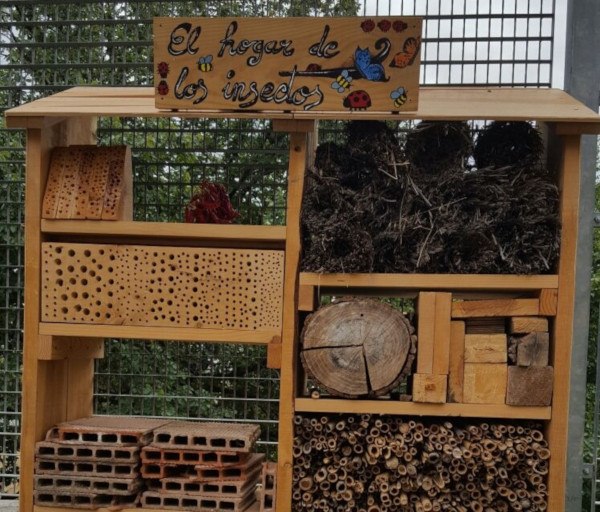
Read on if you want to know what an organic garden is and what the main ecological techniques are. Discover how you can grow your own organic food in a home garden or in an urban garden.
What is an organic garden?
Organic gardens are characterized by following the principles of organic farming or organic farming. They avoid the use of synthetic products such as insecticides or artificial fertilizers made with chemical products.

Instead of these products, organic fertilizers (such as compost tea or green manures) and natural remedies against pests and diseases are used. These products will help us keep the plants in the garden healthy without the need to use chemicals that are harmful to health and that weaken the soil.
In addition to avoiding the use of chemicals, something essential for the cultivation of an organic garden, other ecological techniques and methods that respect plants and the environment are carried out.
Ecological techniques in orchards
1. Association of crops
Ecological technique that consists of placing nearby and simultaneously cultivating compatible plants that can benefit each other.
Some associations serve to repel pests (the leek repels the carrot fly and the smell of the carrot repels the leek fly, for example), while others are used to make better use of the space between plants.
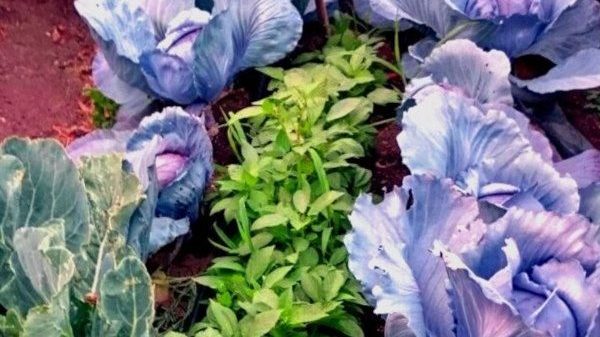
Also included within the garden associations is the cultivation of beneficial plants such as aromatic plants, flowers in the garden or insect repellent plants).
In the post Examples of Good and Bad Crop Associations in the Garden we have more information about this technique.
2. Crop rotation
This ecological technique consists of alternating compatible crops in the same space over time. They will be planted in the same soil, that is, in the same terrace or cultivation container, a different type of plant each season.
One of the objectives is to maintain soil fertility and improve crop yields by alternating plants that are very demanding in nutrients with others that enrich the soil. In the article Crop rotation in the garden: what it is and what benefits it has
3. Recycling
Recycling is a good way to save resources. Actions such as reusing boxes, plastic bags, ropes, bottles or sticks will make our organic garden a much more sustainable place.
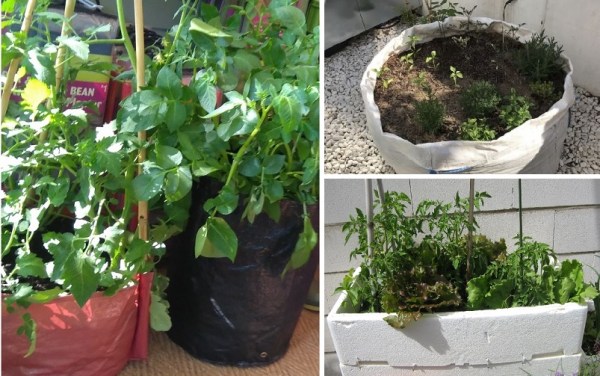
Find out more about recycling in organic gardens in the post on Recycled materials in urban gardens.
4. Composting
Compost is the organic fertilizer par excellence in organic gardens. It is a very complete and natural fertilizer.
Although we can always buy it in a store, one of the most common ecological techniques in organic gardens is the manufacture of compost.
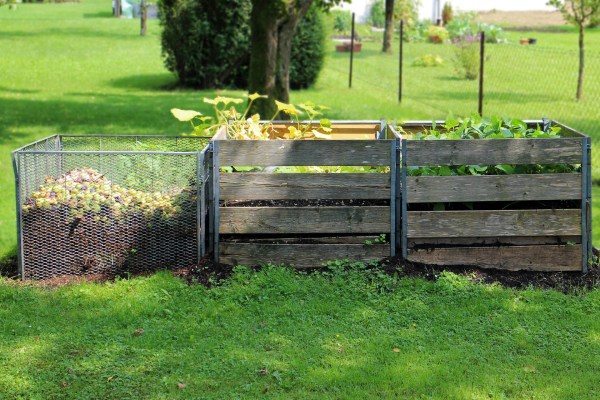
Another advantage of composting, in addition to obtaining a good fertilizer for the plants in the garden, is that we reuse the waste from the garden and garden (crop residues, leaf litter, lawn debris) and give a new use to the remains of the garden. kitchen.
If you want to learn how to make homemade compost, take a look at the post What is homemade compost and how to do it.
5. Integrated fight against pests and diseases
The first premise of the integrated fight is prevention (use of biostimulants to make the plants stronger, traps or dissuasive plants for insects, natural barriers to prevent pests from approaching, etc.).

In addition, the integrated fight has other techniques to control pests, leaving phytosanitary products as a last resort. More information about these ecological techniques in the post Integrated pest control: what it is and main techniques.
6. Release of beneficial insects
Biological control is the use of useful living organisms to control pests, such as beneficial insects that feed on pests or fungi that parasitize insects and end up causing their death.
Although the breeding of beneficial insects in the garden is one of the techniques that is growing the most in urban gardens, you can always buy insect specimens for biological control
7. Water saving
Installing a drip irrigation system instead of surface irrigation, reusing rainwater or watering at the right times (when the sun is going down) are some of the ecological techniques to save water in the orchard.
Benefits of organic agriculture and organic food
Everyone knows that organic food is healthier and that these foods are usually characterized by a much more special flavor and aroma.
But the advantages of organic food do not end with the delicious taste of these products… Organic agriculture has multiple benefits for the environment and also for people’s health.
These advantages of organic farming or organic food production are related to different aspects, from nutritional and food safety, to improving the environment.
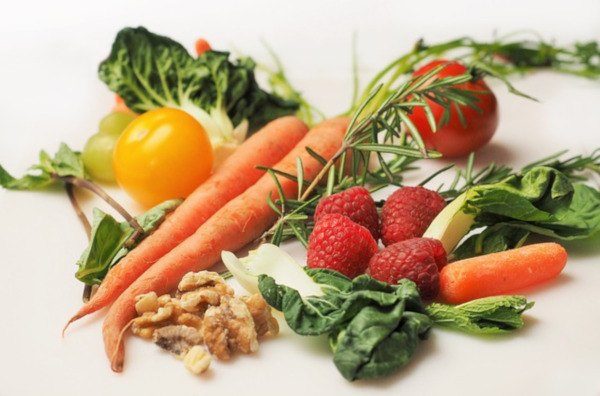
Ecological techniques such as composting or intercropping help protect and improve soil quality and help crops grow healthier and stronger. In addition, with the use of ecological remedies, contamination of the soil and garden products with chemical products is reduced to a minimum.
It is a fact that organic food contains a negligible percentage of chemical residues compared to non-organic fruits and vegetables, which have much higher limits for the remains of phytosanitary products and chemical fertilizers.
Other advantages of having an organic garden deserve special mention, such as savings in the shopping basket (organic products are considerably more expensive than conventional foods), maintaining physical fitness through regular activity in the garden, as well as other benefits for physical and mental health (see article on Therapeutic Gardens).
As several studies show, growing an organic garden using organic farming techniques helps us stay healthier, prevent diseases and, at the same time, take care of the environment.
We have more information about the advantages of orchards and organic food in the post Benefits of organic food: for your health and that of the planet.
References
- Guiberteau Cabanillas, A., & Lagrador Moreno, J., 1991. Cultivation Techniques in Organic Agriculture. Disclosure Sheets No. 8/91. IRYDA, Ministry of Agriculture, Fisheries and Food (Spain).
- Remmers, G., 1993. Traditional Farming and Organic Farming: Distant Neighbors. Agriculture and Society, No. 66.
- Kolmans, E. & Vásquez, D., 1999. Organic Farming Manual. An introduction to basic principles and their application. Organic Agriculture Group. Cuban Association of Agricultural and Forestry Technicians.
- Flórez Serrano, J., 2009. Ecological Agriculture: manual and didactic guide. Ed. Mundi-Press.
- El-Hage Scialabba, N., 2013. Organic Agriculture’s Contribution to Sustainability. FAO Organic Agriculture Program.

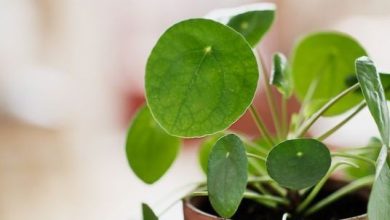
![Photo of Fertilize Fruit Trees: [Best Time, Macronutrients, Micronutrients and Steps]](https://www.complete-gardening.com/wp-content/uploads/2022/08/fertilize-fruit-trees-best-time-macronutrients-micronutrients-and-steps-390x220.jpg)
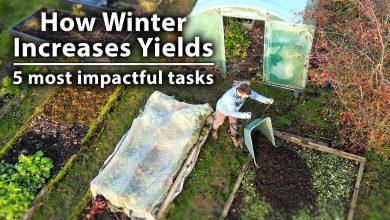
![Photo of Potato Beetle: [Characteristics, Detection, Effects and Treatment]](https://www.complete-gardening.com/wp-content/uploads/2022/08/potato-beetle-characteristics-detection-effects-and-treatment-390x220.png)